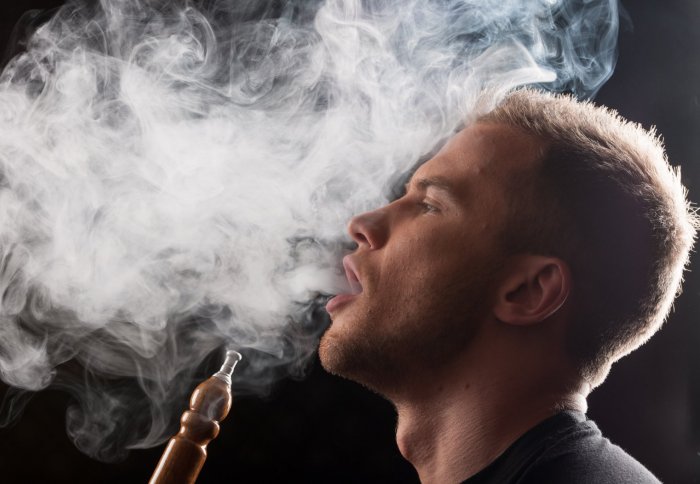Londoners are risking health with shisha smoking

A third of adults in South East London have tried shisha smoking, according to a recent survey, and many are unaware of the health risks.
Adults in six boroughs (Bexley, Bromley, Greenwich, Lambeth, Lewisham and Southwark) were asked a range of questions about tobacco smoking as part of a piece of research conducted by the South East London Illegal Tobacco Network (SELITN) in collaboration with Imperial College London and the University of Southampton.
There is now good evidence to show that, just like cigarettes, using shisha causes lung cancer and other diseases.
– Dr Mohammed Jawad
Dr Mohammed Jawad from the School of Public Health at Imperial College London, said: "Many people are trying shisha unaware that it carries the same risks as smoking cigarettes. The variety of tobacco flavours and lack of awareness leads people to incorrectly believe this is a healthy product. On the contrary, there is now good evidence to show that, just like cigarettes, using shisha causes lung cancer and other diseases."
Thirty one per cent of 1,176 adults surveyed said they had tried shisha – also known as waterpipe, hookah, or narghile. This is over two and a half times the UK national average of 11.6 per cent and is consistent with the diverse urban communities present in southeast London, and the large number of premises selling shisha tobacco.
Harmful addiction
Worryingly, just under half of those surveyed did not know shisha was addictive and harmful to health, and two thirds did not know it is illegal to smoke shisha in enclosed public spaces. Seven in ten respondents were not aware that shisha causes cancer in the same way that cigarettes do.
Shisha comes in a range of tobacco flavours has been steadily growing in popularity in the UK. Because it includes tobacco, shisha smoke contains many of the same harmful chemicals found in cigarettes, as well as those that come from the burning charcoal used to heat it.
About one in three respondents incorrectly believed that shisha smoke is filtered by water in the shisha apparatus, with the implication that it is therefore safer.
Dr Gerald Power from SELITN, one of the study authors, said: “This study represents a significant step forward in our understanding of shisha in South East London and how public health teams may need to respond to it in the context of tobacco use and health. Along with other research commissioned by the group it will inform public health and trading standards strategies in South East London.”
-
'Waterpipe tobacco and electronic cigarette use in a southeast London adult sample: a cross-sectional analysis' by M Jawad and G Power is published in the Journal of Publish Health.
Article text (excluding photos or graphics) © Imperial College London.
Photos and graphics subject to third party copyright used with permission or © Imperial College London.
Reporter
Nancy W Mendoza
Communications and Public Affairs